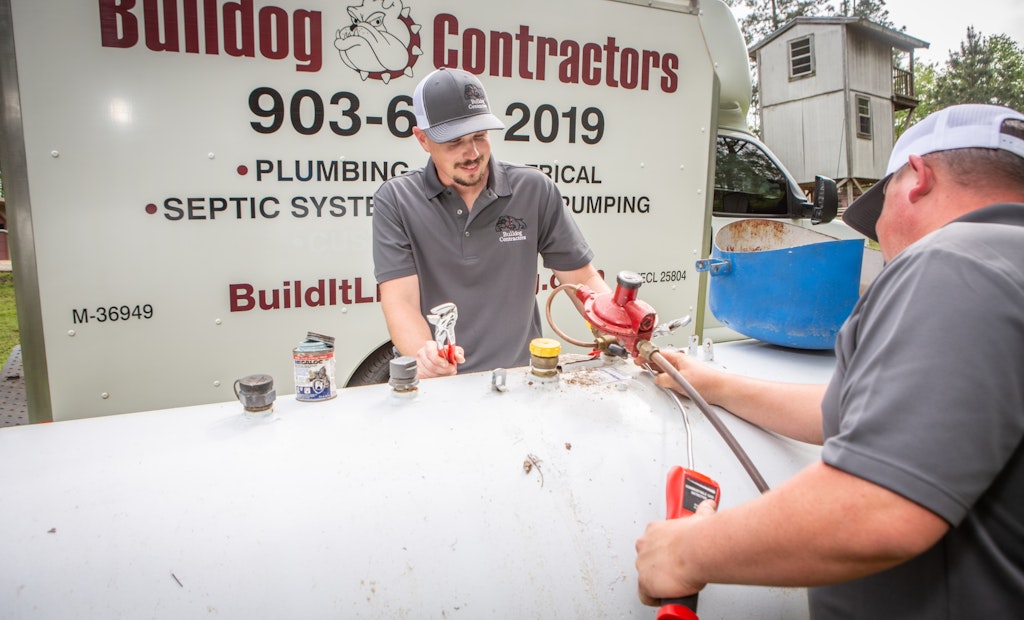Interested in Business?
Get Business articles, news and videos right in your inbox! Sign up now.
Business + Get AlertsFor many people, growth is the be-all and end-all objective after starting a business. The ultimate benchmark for measuring success. After all, bigger is better, right?
Not always, as Carl Keller, the owner of Bulldog Contractors, and his son, Jeff Keller, can attest. Carl established Bulldog Contractors in Jefferson, Texas, in 1978. By 1985, the company had grown to 22 employees and was running three plumbing service trucks, plus a vacuum truck used to pump out septic tanks.
While growth can be great, it can also spur hassles and headaches, too, including mounting overhead costs and increased personnel and managerial responsibilities that suck up that most precious of commodities: time.
All those factors, combined with the growing difficulty of finding qualified technicians, made the company take a less-is-more approach about 10 years ago and start downsizing, Jeff says.
“It got harder and harder to find good, reliable workers who you can trust with your company name and brand,” he says. “In fact, nowadays it’s hard to find someone who’ll just show up to work. We got tired of all the babysitting — it just wasn’t worth all the headaches.
“You reach a breaking point when you spend so much more time managing people and your overhead costs just keep getting bigger and bigger. And even though you’re bigger, you aren’t making any more money than when you were smaller.”
Today, the company has only three employees: the two Kellers (Carl is semiretired) and Cameron Corpier, a technician who’s been with the firm for six years. Bulldog Contractors also runs only one plumbing service truck — a Chevrolet Express cutaway van with a 12-foot box body made by Supreme (a company owned by Wabash National).
“We have a lot fewer headaches because now there’s no need to always be checking up on everyone out in the field,” says Jeff, who grew up in the business and always planned on working for his father. “And my father could finally step away from working out in the field.”






